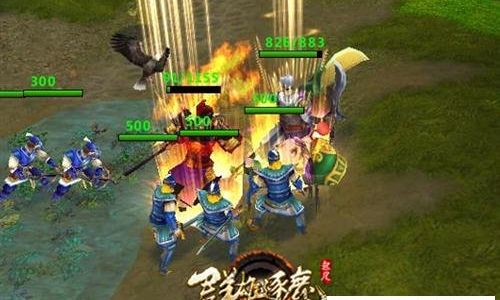In the vast ocean of digital entertainment, video games have become a staple for millions worldwide, offering a myriad of experiences that transcend the boundaries of reality. With each new release promising thrills, adventures, and immersive storytelling, it’s not just the gameplay or graphics that captivate players; the very first impression comes from the game’s name. A well-chosen title can be a game’s calling card, drawing in curious explorers and evoking emotions that pique their interest. This article delves into the art of crafting catchy game names, exploring the elements that make a title stand out, and how to use them to create eye-catching, memorable titles.
Understanding the Power of a Name
A game’s name is its first and often only chance to make an impression. It sets the tone, evokes emotions, and communicates the essence of the game in a few concise words. Consider some of the most iconic titles in gaming history: “The Legend of Zelda,” “Super Mario Bros.,” “Halo,” and “The Witcher.” Each name captures a sense of adventure, nostalgia, or a specific theme, creating a strong emotional connection with players from the get-go.
Key Elements for Crafting a Catchy Game Name
1. Evoke Emotion
Emotional appeal is a powerful tool in game naming. A title that evokes a particular feeling or memory can be incredibly effective in drawing players in. Use words that evoke excitement (“Assassin’s Creed”), nostalgia (“Pokémon”), or a sense of wonder (“The Elder Scrolls”).

2. Be Descriptive Yet Concise
A good game name should convey what the game is about in a few words. It should be descriptive enough to give players an idea of the genre or theme without being too vague or generic. For instance, “Civilization” immediately suggests turn-based strategy with a focus on building an empire, while “Portal” hints at a puzzle-platformer with a unique twist on physics.
3. Use Alliteration or Rhyme
Alliteration (repeating the same sound at the beginning of words) or rhyme can make a title sound more catchy and memorable. “Uncharted Waters” uses alliteration to create a rhythm that’s easy to remember, while “Bastion” and “Transistor” both employ clever wordplay that sticks in the mind.
4. Play on Words or Use Metaphors
A clever play on words or a metaphorical title can be both witty and thought-provoking. “Dark Souls” uses the metaphor of “souls” to convey the challenge and difficulty of its gameplay, while “Celeste” references both its protagonist’s name and the celestial theme, making it both descriptive and evocative.

5. Consider Cultural References
Incorporating cultural references or nods to popular culture can be a smart move if done tastefully. “Final Fantasy” taps into the fantasy genre’s rich history, while “Cuphead” pays homage to classic cartoon styles, appealing to fans of that era. However, ensure that these references are accessible and relevant to your target audience to avoid alienating potential players.
Avoiding Common Pitfalls
While crafting a catchy title is crucial, it’s equally important to avoid common pitfalls that can hinder a game’s success.
1. Avoid Clichés and Overused Words
Avoid generic terms like “Adventure,” “Quest,” or “War” unless they are combined with something unique or creative to set your game apart from the countless others in those genres. These words have become so ubiquitous that they no longer hold much weight in capturing attention.

2. Be Mindful of Translation Issues
If your game is intended for an international audience, be cautious about cultural meanings and translations. A title that might be perfectly fine in one language could have negative connotations in another. For instance, “Shadow Warrior” might be seen as offensive in some cultures due to its association with slavery or war crimes. Always consult with a translator or research thoroughly before finalizing your title’s international version.
3. Don’t Be Too Long or Complicated
Long or complex titles are harder to remember and can be off-putting for players scanning through lists of games. Aim for a short, snappy title that packs a punch without being overly wordy or confusing. Remember, brevity is key in creating an instant connection with your audience.






